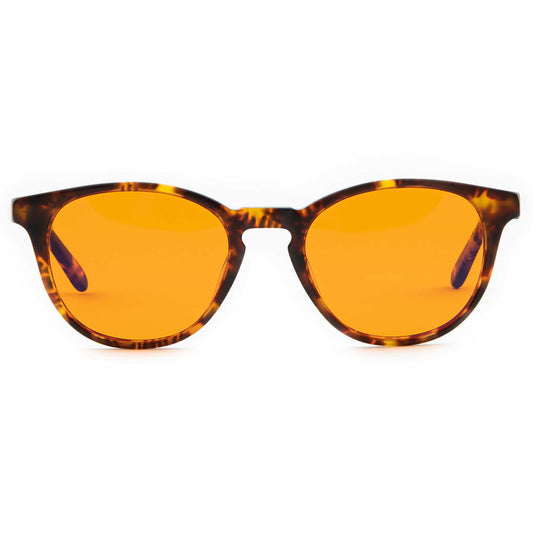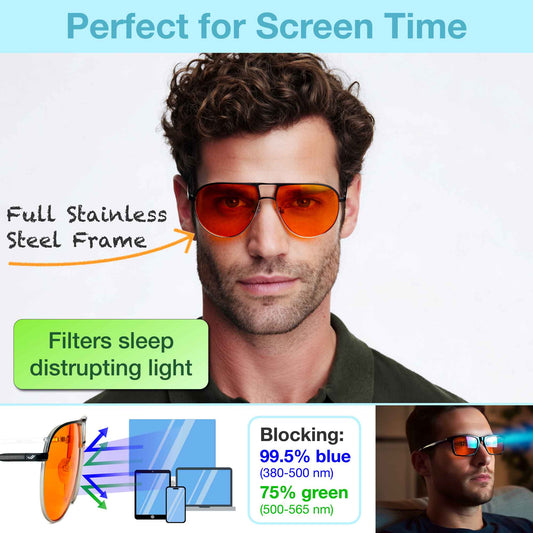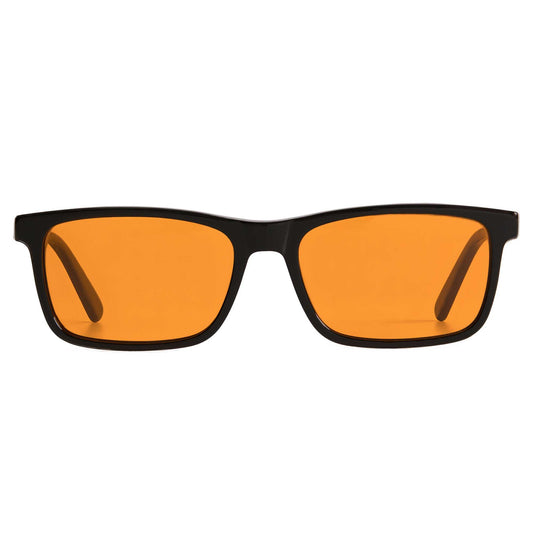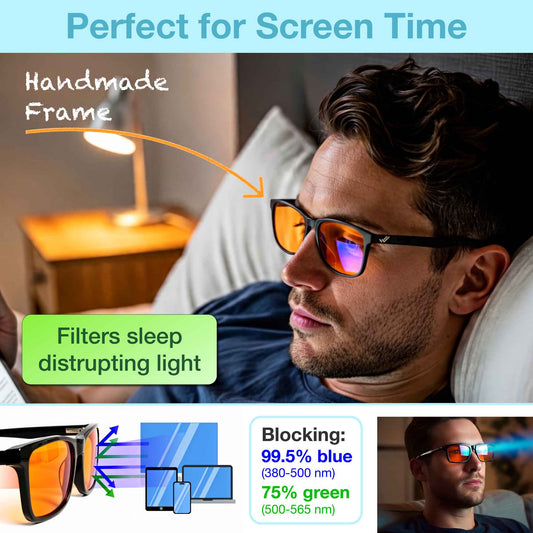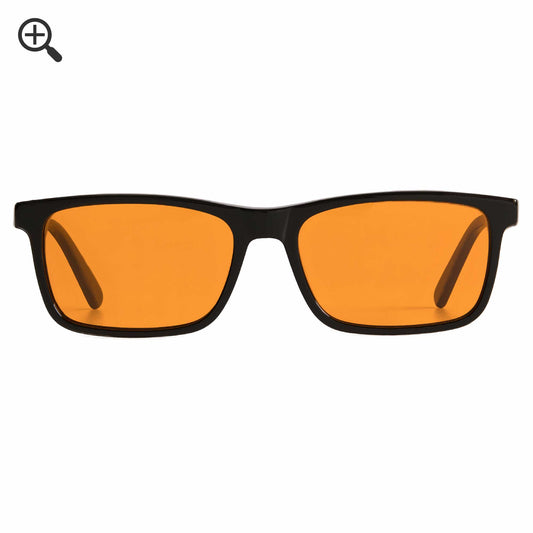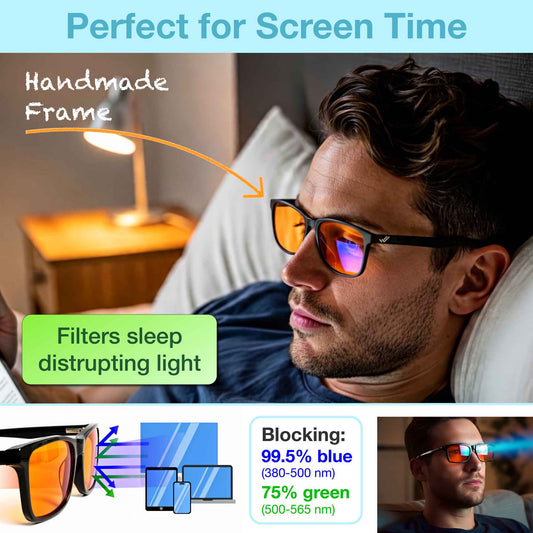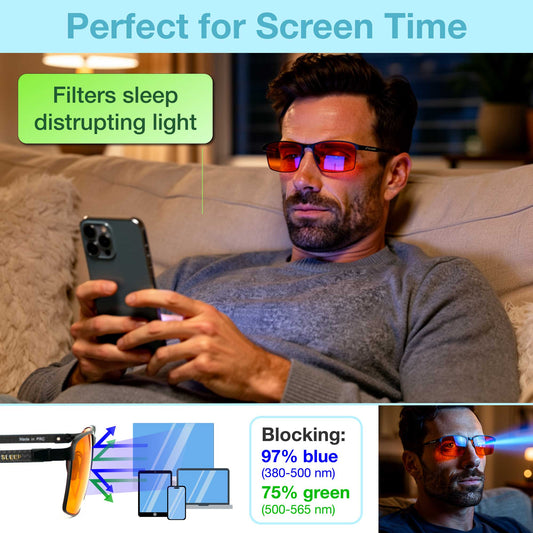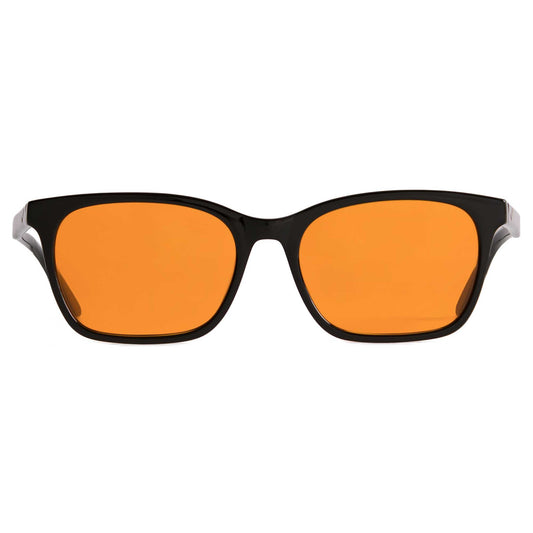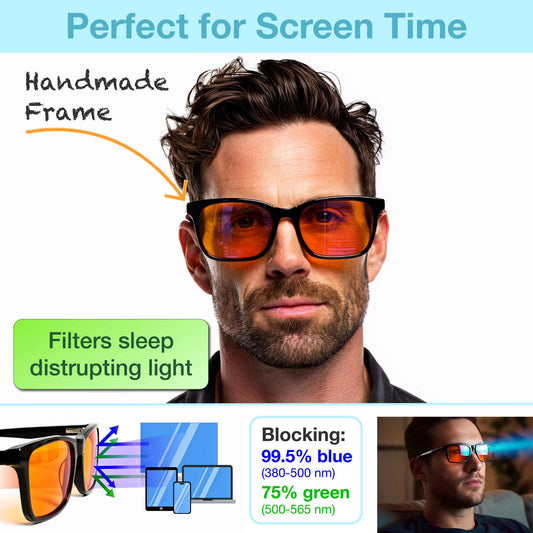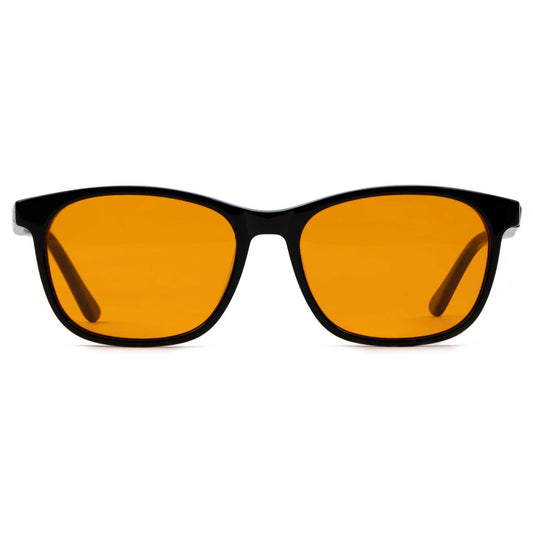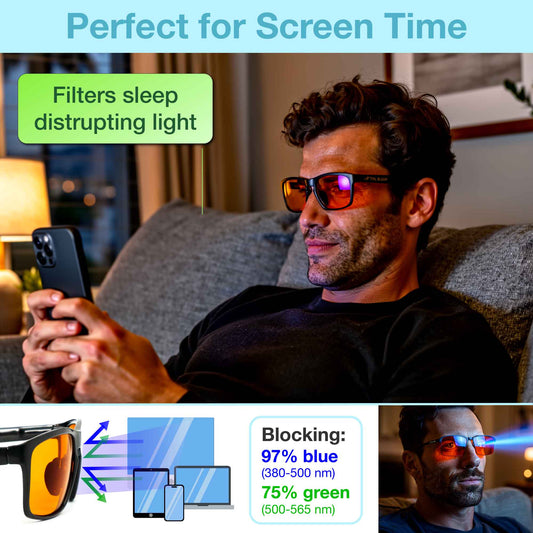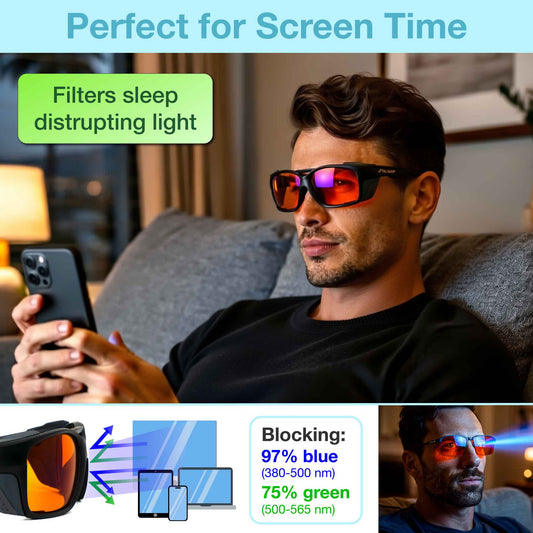(10 minute read)
8 proven tips for better sleep. Are you looking for ways to improve your sleep? In this article you get 8 powerful tricks for better sleep tonight.
Desperate to find a way to sleep better?
There are many ideas out there about how to improve your sleep, some more effective than others. If you are reading this late at night, trying to find a solution to a body refusing to fall asleep. You now have the chance to get back your good sleep with these proven tips.

1. Have a daily bedtime routine
Number one is as simple as it can be, and I'm sure you have heard it before. Studies have shown that a daily nighttime routine is one of the most important factors for the best sleep quality. For your body to get a full recovery, it needs to be familiar with your schedule going to bed and waking up. This means having the same nighttime routine every day.
This includes the weekends, as an abrupt change in bedtime timing will disturb your circadian rhythm with lower sleep quality during these shifted and following nights.
So, as the first step in any sleep improving program, make sure to go to bed within a one-hour window every night. This ensures that the body is prepared to go through the various sleep cycles optimally.
Great, now you understand the fundamental first trick to get the good night's sleep you deserve. Let's move on.

2. Get a healthy dose of sunlight
As for this first point, the second one is as easy to implement and free. Being in the sun, getting a healthy dose of sunlight every day. Of course, this is a bit unfair and a bit trickier to fulfill if you live in a northern country, with insufficient sun exposure during long cold winter months. Natural sunlight has an important role in a balanced circadian rhythm, telling your body if it is day or night and also synthesizing vitamin D, serotonin, and melatonin via your skin. Ideally, make sure to get a healthy 15- to 30-minute dose of sunlight without sunglasses in the morning and later when the sun is close to its peak. It is extra important to keep the sunglasses off, as the light has to reach the specialized photoreceptors in your eyes. These receptors react to the blue light spectrum to help you wake up and set your inner circadian rhythm.

This is done via the regulation of cortisol and other hormones that help you wake up, balancing against your melatonin sleep hormone levels. With the highest levels in the morning and lowest at night just before bedtime. If from Sweden or any other northern country, like myself, I'm sure you have seen the different kinds of wake-up lights they sell in the electronics department. These lights work with blue light rich daylight, mimicking the sun rising to support your body to wake up.
3. Block blue light before bedtime
With this fact in mind, we get to the next important point for getting your best sleep. As important blue light is in the morning, it is a risk at night when you want to get ready for bed. With technological advancements as flat-screen TVs, slim laptops, and our beloved smartphones, a new type of light source has become a staple in every home. I'm talking about LED:s, light-emitting diodes. This is an amazing new thing that saves us energy and makes our electronics smaller and more portable, with outstanding light intensity screens.
Almost every screen and a lot of our modern interior lightning include LED as the light source. This bright invention is just that a little too bright in certain areas of the light spectrum emitted. LED:s are heavy on the blue light spectrum, especially in the melatonin disturbance zone around 460 nm. This is making them ideal for wake-up lights and inherently bad at nighttime before sleep. So, with this in mind, it becomes essential to block out light from your smartphone, computer, and TV at night. Blue light blocking glasses is a practical tool, easy to use anywhere, and on-demand when you need them. This is what I recommend being able to keep the digital lifestyle going undisturbed. To get the best results, make sure to get a pair with orange lenses made for sleep improvement. This will ensure good performance, together with great clarity suitable for indoor use. Avoid red lenses as they tend to be too dark for good indoor clarity, with the risk of giving you unnecessary eye strain with minimal gain in performance.

These first three hacks are the foundation for getting better sleep. Now let us move on. At this point, I'm sure you have heard about melatonin and its role in better sleep.
4. Take a magnesium supplement
As for melatonin, studies have shown that magnesium positively affects sleep via its connection to melatonin and stimulation of GABA receptors in the brain. Effects such as increased relaxation, stress reduction, and better sleep quality have been observed. This makes magnesium something to consider optimizing your sleep long-term.
5. Stop eating 4 hours before going to bed
Do you often eat late at night? Several studies suggest that this is a bad idea for your sleep, as late-night eating has shown to be correlated with various types of sleep disorders. To keep your digestion shut off during the night, make sure to restrict eating three to four hours before bedtime.
6. Sleep in complete darkness
As for the time preparing for bed, there are several important things to consider for the best bedroom environment. First of all, the blue light photoreceptors I talked about earlier plays a huge role in your overall sleep quality. These react to light even when asleep with the eyelids closed with the signal to wake you up if light is flooding your bedroom in the morning. It is a high risk that the local sunrise does not match your body's need, waking you up before you are fully rested. You may recognize this happening, thinking that your body is ready to wake up, but shortly thereafter feeling tired and slow.
As a first step in optimizing your sleep environment, it is vital to resolve this happening day after day and take control over when you wake up—matching the time going to bed to wake up naturally before the alarm clock rings, Beating Your Alarm. To make your body sleep as long as it needs to get fully rested, make sure to prepare a pitch-dark sleeping environment. This means removing all potential light sources in the room, including electronics like smartphones and alarm clocks. If the alarm clock has a constant on display, make sure to cover it completely so no light can sip through.

7. Create a silent bedroom environment
As for light, your sleep can easily be disturbed by noise in your sleeping environment, taking you out from deeper sleep stages, so you are risking losing valuable restorative sleep. Noise can make your adrenal glands release cortisol with reduced deep sleep and lower overall sleep quality. Sounds loud enough from about 40 decibels are risking to wake you up completely. Even if you do not get fully awake by the noise around you, the effect of being pulled up from and lose time in essential sleep stages can be devastating for your overall sleep quality. The total time in sleep gets less relevant, as the disruptions risk to scatter your body's sleep patterns. To make sure to get the best sleep, sleep in complete silence, and use earplugs if needed.
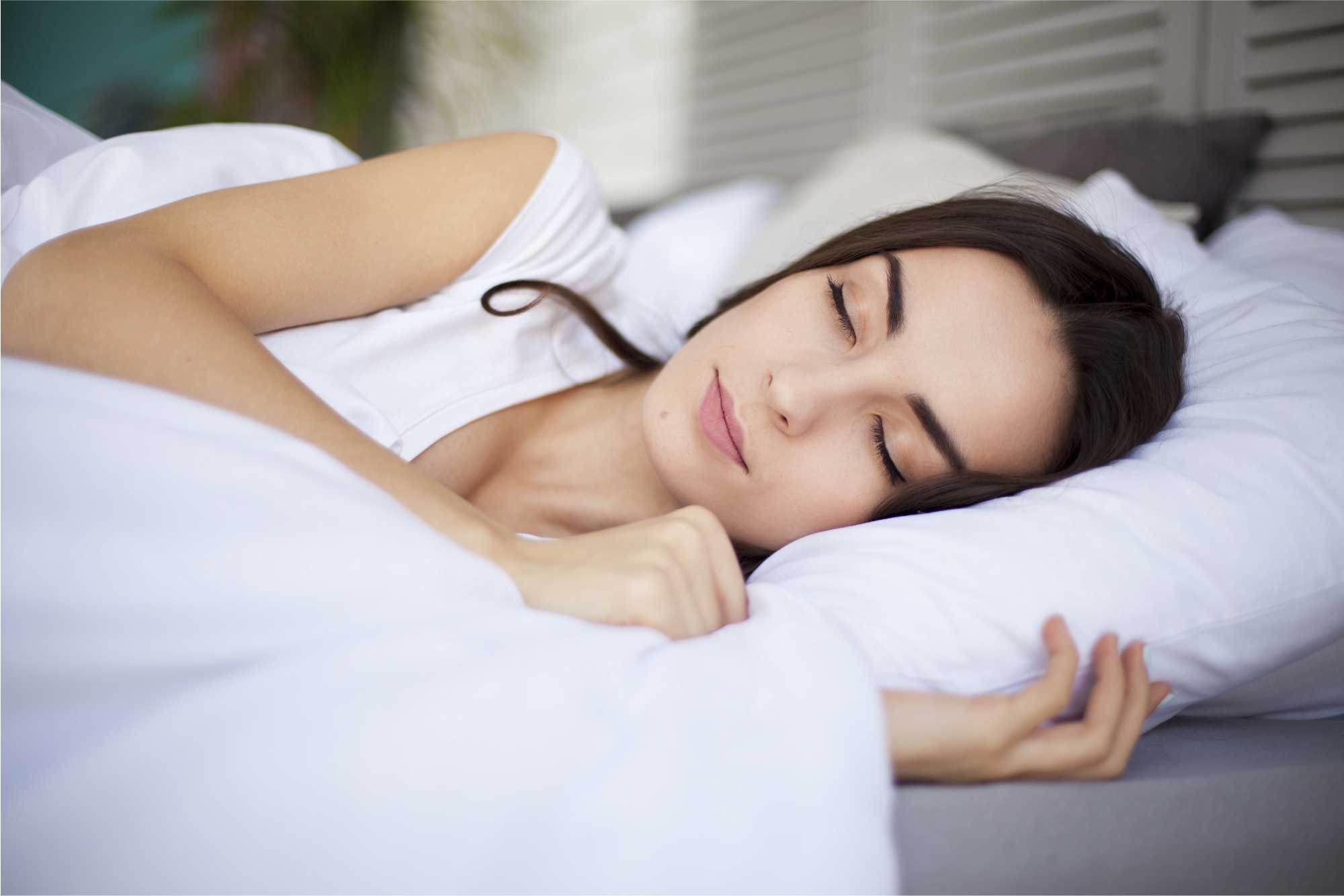
8. Set the bedroom temperture low
As a last but important factor for your best bedroom environment, I will talk about the role of temperature for sleep quality. I'm sure most of us have experienced summer nights with excessive temperatures, making our nights sweaty and insufficient. This is the extreme case, where your body's thermoregulation gets disturbed to the max. The body's thermoregulation is strongly connected to your sleep, with lower body core temperature during the night. So, in the example with warm summer nights, the body core will not be able to get down to the optimal temperature. The effect of this has been seen in studies, where a strong connection between rated sleep quality and colder bedroom temperature have been observed. To see good results, aim for a bedroom temperate between 60°F (15.5°C) and 67°F (19.5°C). As everyone is different, the optimal comfort zone can differ from person to person, and it is therefore smart to do some testing to find the best temperature for your body and time of the year.

All these tips are things I have implemented for myself in my pursuit of getting my best sleep. For your reference, here is a summary of the points presented in this article.

Better Sleep Starts Tonight
Protect your eyes and improve your sleep with THL SLEEP’s orange lens blue light glasses. They block 99.5% of blue light and 75% of green light – wavelengths that keep you awake at night.
Tonight, give your brain the signal to sleep it’s been missing. These glasses wrap your world in a gentle amber calm, letting you scroll or read without the insomnia-triggering blue glare. Drift off easier and wake up rejuvenated, as if you embraced every sleep trick in the book.
Plus, enjoy our 100-Day Risk-Free Trial.
💡 Blog Reader Offer: Use code SLEEPBLOG for an extra 5% off your first order on Amazon!
🛒 Shop Sleep Glasses Now8 Proven Tips for better sleep:
1. Have a daily bedtime routine
Have a daily bedtime routine going to bed within a one-hour window every night.
2. Get enough sunlight exposure
Get 15-30 minutes of sunlight without sunglasses in the morning and at noon to set your circadian rhythm and for optimal melatonin levels at night.
3. Block blue light at night
Turn of all devices emitting high levels of blue light or use blue light blocking glasses 45-60 minutes before bedtime
Wear the glasses all the way to bed, and make sure to switch off all lights off before putting them on the bedside table.
4. Take a magnesium supplement
Take a high-quality magnesium supplement for relaxation and improved sleep. Jarrow Magnesium Optimizer is a great option, containing high-quality Magnesium in the form of Magnesium Malate.
5. Restrict eating before bed
Restrict eating 3-4 hours before going to bed.
6. Sleep in complete darkness
Sleep in a pitch-dark room to give your body the ability to rest fully.
7. Create a silent bedroom environment
Sleep in complete silence to stay asleep during the whole night, optimizing rest and recovery.
8. Set the bedroom temperature low
Set your bedroom temperature low, between 60°F (15.5°C) and 67°F (19.5°C). Perform some testing to find your optimal temperature.
On our website, you find our 8 points sleep guide, including all of these points, for an easy reminder in your journey to better sleep, starting today.
You deserve a good night's sleep.
I hope you got something valuable from this article—taking your sleep to the next level. Let us educate others about the dangers of blue light and the easy way to manage our daily light consumption.
Share this article to help others improve their sleep naturally.
Happy Deep Sleep,
Oskar Eriksson, M.Sc.
The Sleep Engineer™





